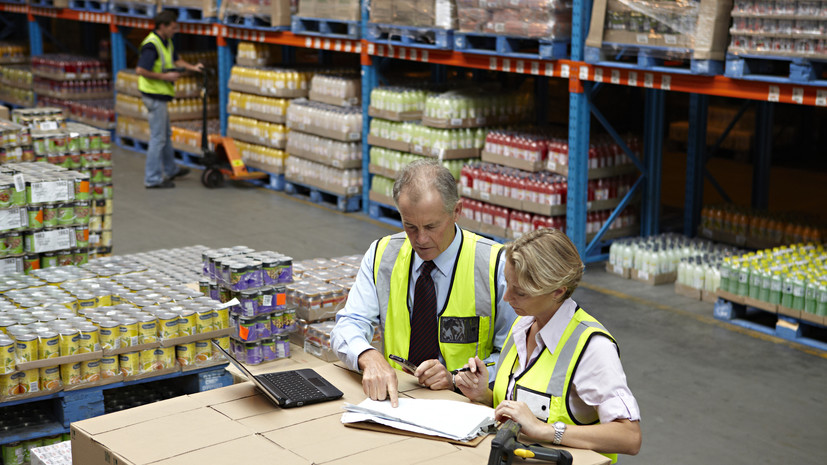“Western countries seeking to isolate Russia internationally should not give the impression that they want to achieve their political goals at the expense of the inhabitants of developing countries,” the PISM bulletin notes.
The document says that the restriction of exports of agricultural products from Russia and Ukraine, as well as the increase in the cost of energy resources and fertilizers, led to an increase in world food prices.
“Russia is a more important supplier of basic agricultural products for most countries (with the exception of China, India, Indonesia and Tunisia), as well as the world's largest producer and exporter of chemical fertilizers.
A decrease in their availability in developing countries will lead to a reduction in agricultural production in the coming months, and maybe years, ”analysts explain.
The authors of the document call on members of the Organization for Economic Cooperation and Development (OECD), including the EU and the US, to consider the option of limiting restrictions on Russia.
“It may even be necessary to promote (by limiting sanctions) the export of food and fertilizers from Russia,” the Polish Institute of International Relations suggests.
At the same time, PISM experts recommend that OECD representatives use their strategic reserves in the near future to stabilize world prices and ensure supplies to countries that are most dependent on food imports.
And in the long term, to consider the possibility of increasing the yield of key crops, as well as supporting the restoration of agriculture in Ukraine.
Earlier, German Vice Chancellor Robert Habek spoke out against a ban on Russian gas imports.
According to him, an immediate gas embargo would jeopardize social peace in Germany.
In turn, Austrian Chancellor Karl Nehammer said in an interview with CNN that Vienna, Berlin and Budapest, as well as the authorities of several other EU countries, oppose the embargo on Russian gas supplies, since restrictions "should hit Russia harder than the EU."

